Gallery
Photos from events, contest for the best costume, videos from master classes.
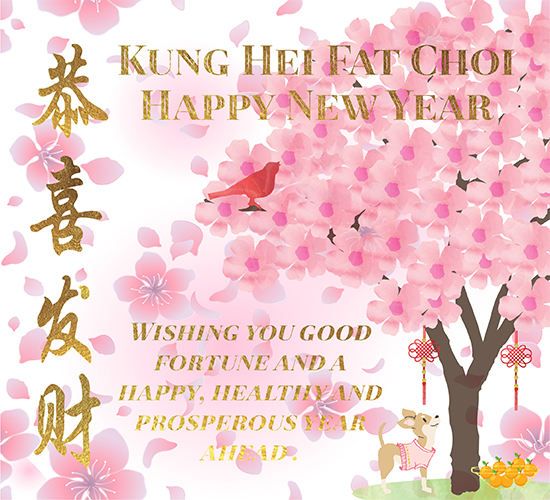 | 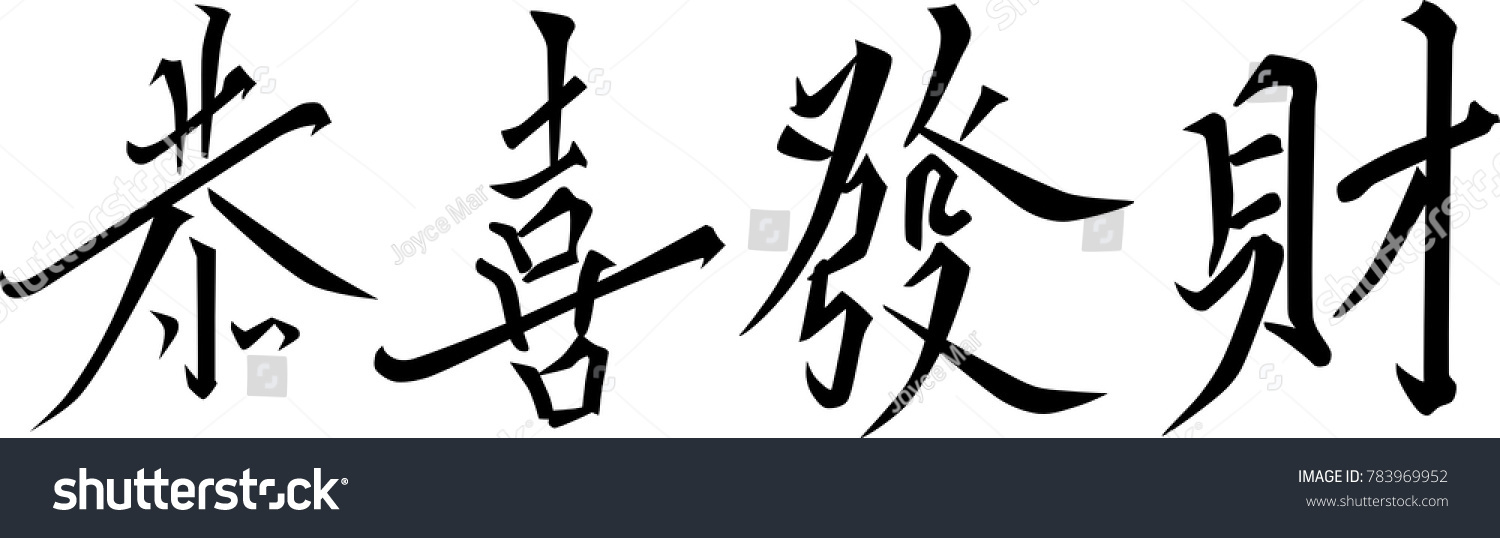 |
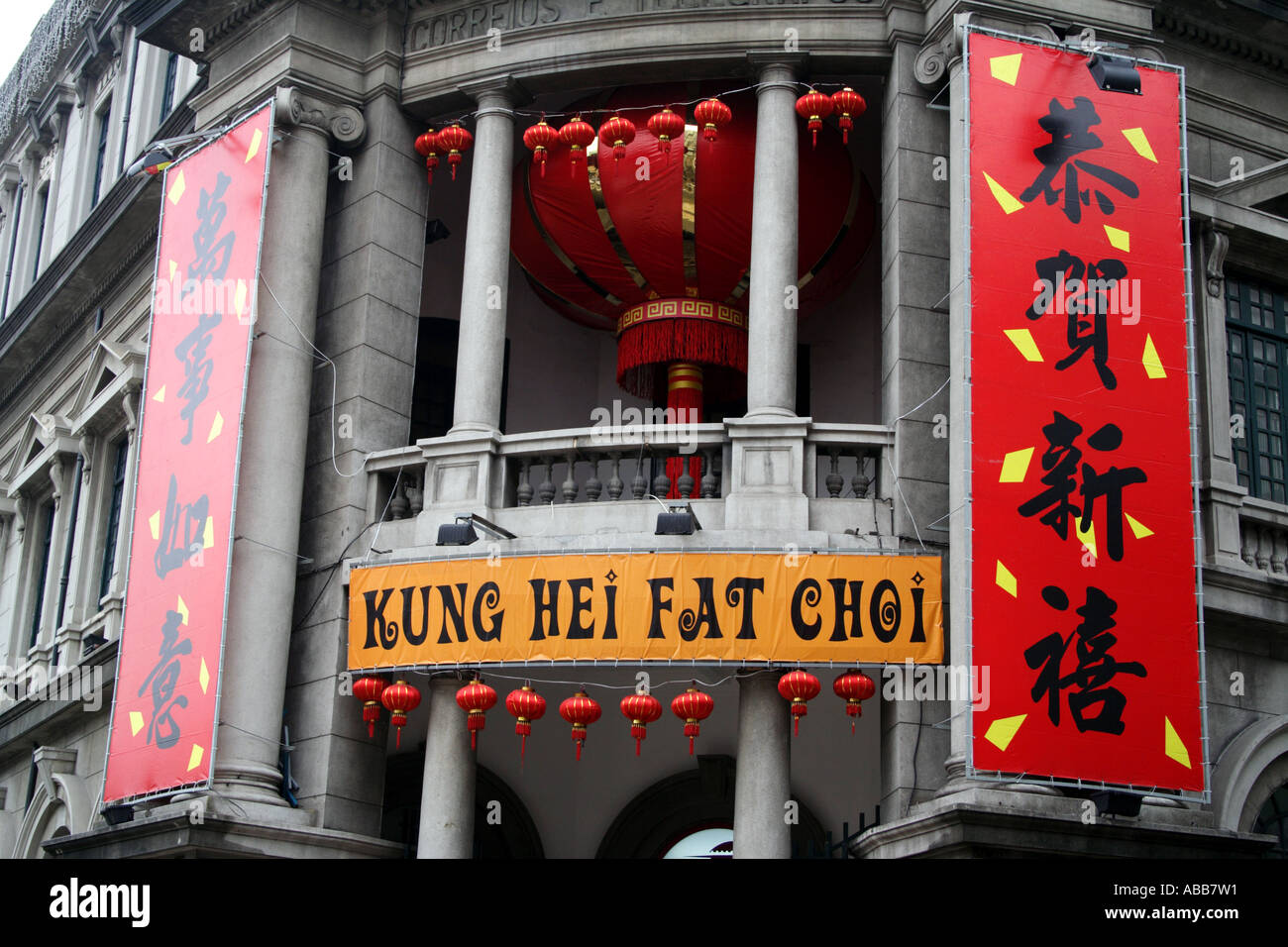 | 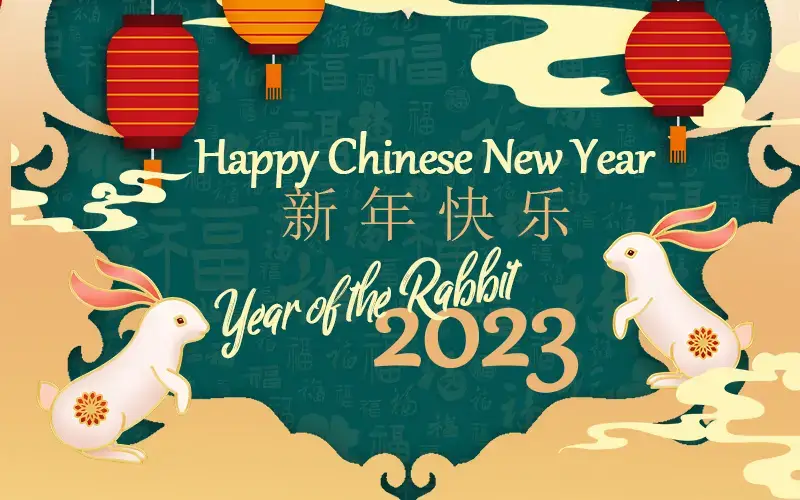 |
 |  |
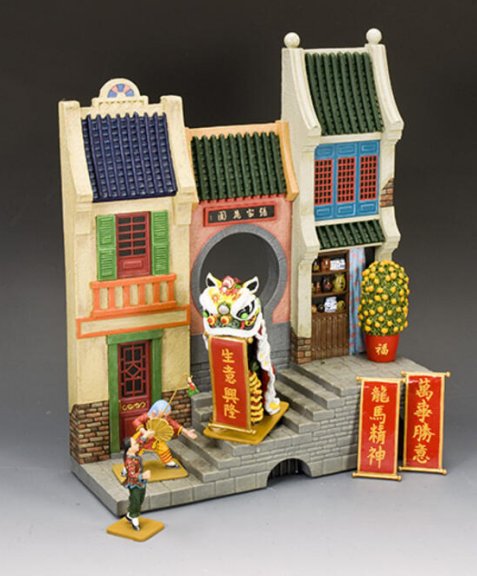 |  |
 | 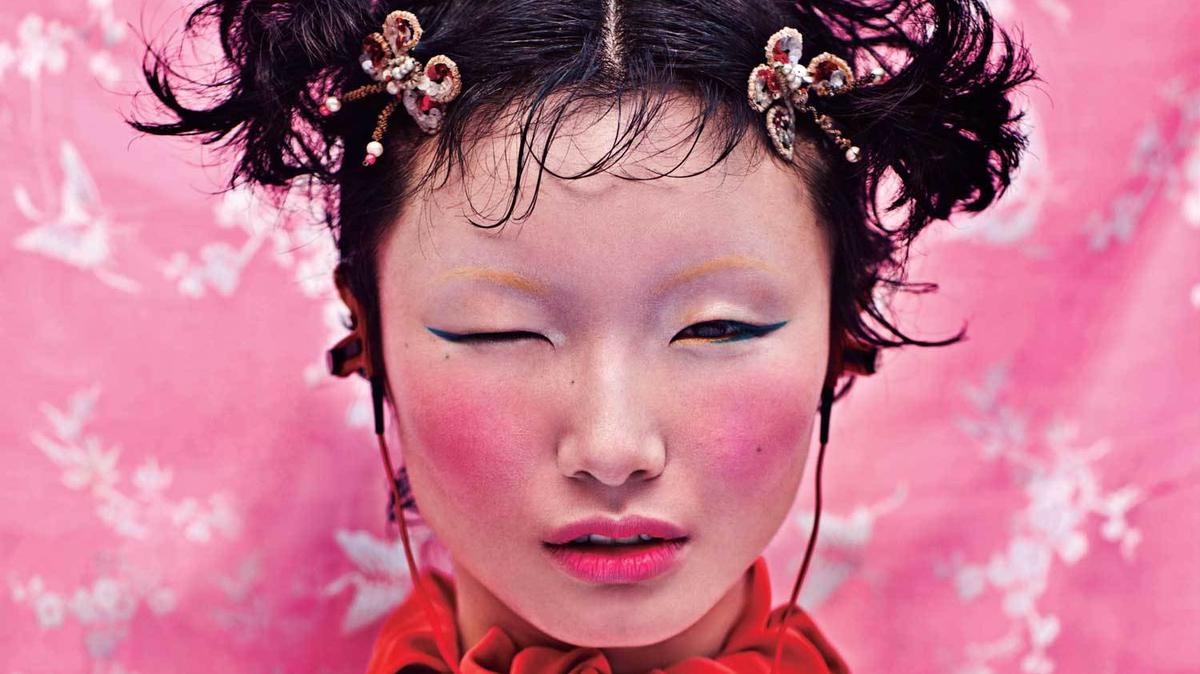 |
 |  |
The traditional Chinese New Year greetings “Kung Hei Fat Choy” (恭喜发财) in Cantonese and “Gong Xi Fa Cai” (恭喜发财) in Mandarin are not mere expressions but profound blessings imbued with the essence of ancient wisdom and celestial harmony. “Kung Hei Fat Choy” is a traditional Cantonese New Year greeting that translates to “Wishing you great happiness and prosperity.” It is used to convey warm wishes for a prosperous and joyful year ahead during the Chinese New Year celebrations. Kung Hei Fat Choy! In Mandarin, it's Gong Xi Fa Cai or 恭喜發財 -- still the popular way to say Happy New Year in Chinese. In fact, the more accurate translation of the traditional greeting in Cantonese is "have a prosperous New Year" with wishes for wealth and good fortune in the months ahead. Here are nine ways to say Happy Chinese New Year. 1. Cantonese: Kung Hei Fat Choi or Gong Hei Fat Choy. 2. Mandarin: Gong Xi Fa Cai or Gōng Xǐ Fā Cái. 3. Hokkien: Kiong Hee Huat Tsai or Kiong-hí Huat-câi. This is the closest direct translation of happy new year and often spoken to close friends. Gong hei fat choy (Cantonese) has become one of the most recognizable Chinese New Year greetings outside of China. Growing up in the New York metropolitan area and even today, you’ll still hear this phrase everywhere in Chinatown and even in school classrooms. “Kung Hei Fat Choi” is a common greeting used during the Chinese New Year to wish someone good fortune and prosperity. Whether you want to learn how to say it formally or informally, we have got you covered. In this guide, you will find various tips and examples to help you confidently greet others using this traditional Chinese phrase. Learning how to correctly say “Gong Hei Fat Choy” allows you to extend your best wishes during the Chinese New Year. We’ve covered the formal and informal ways of using the greeting properly, along with pronunciation tips and examples. Gong hei fat choy is the Cantonese way of saying the phrase and in Mandarin Chinese, it’s gong xi fa cai (pronounced gong she fa tsai). This is another popular greeting during Chinese Gong hei fat choy is the Cantonese way of saying the phrase and in Mandarin Chinese, it’s gong xi fa cai (pronounced gong she fa tsai). This is another popular greeting during Chinese New Year, especially towards the elderly. It means "I wish you good health" or "enjoy good health". Chinese New Year Greetings - Kung Hei Fat Choi (gōng xǐ fā cái) is traditional Chinese New Year greeting meaning: Congratulations and best wishes for a prosperous New Year!; Happy New Year! Happy Chinese New Year (also known as Lunar New Year) or Kung Hei Fat Choy as they say in Hong Kong. In recent days the city has been a riot of festive colour. Red and gold, gold and red. Battle of the Bouquets. Flowers and plants are integral to giving your home a festive feel. The flower markets are much bigger than usual. This video shows you how to say HAPPY NEW YEAR in Cantonese Gong Hei Fat Choy, Gong Xi Fa Cai 恭喜發財 (Chinese, New Year, pronunciation guide).Learn to say PRO The Year of the Dragon in 2024 is approaching. Learn how to say "Happy Chinese New Year" in Mandarin and Cantonese. Our guide provides 10 ways to express this greeting, with audio examples. Join us to spread Dragon Year blessings and embrace the joy! February is my favorite month of the year as I celebrate my birthday, Valentine’s Day and the most auspicious day of the year – Chinese New Year. For the last 19 years, Master Clarence Lau, a renown feng shui master, has performed a reading on what the outlook for the year will be like for me. (Some of you may remember Lau from our past He liked to call a restaurant on every New Year's Day (of the lunar calendar), as he knew clearly the lady there answering the phone would inevitably greet him with "Kung Hei Fat Choi". Upon hearing this he (Zhou Shi) would promptly reply by saying "Thank you, thank you" and then just hang up. Responding with “Gong Xi” while motioning a closed right hand over a clenched left fist is correct. Saying “Xin Nian Kuai Lè” or Happy New Year is also an acceptable practice. Today, February 1, is the Chinese New Year and in Chinese Astrology, this is going to be the Year of the Water Tiger. In Mandarin, the most common way to wish your family and close friends a happy Chinese New Year is "Xīnnián hǎo" (新年好), literally meaning 'New Year Goodness' or 'Good New Year'. Another way to say "Happy Chinese New Year" is "Xīnnián kuàilè" (新年快乐), literally meaning 'New Year happiness'. It is a formal greeting typically Where did the phrase 恭喜发财 (Kung Hei Fat Choy) come from? And why is it so popularly used during Chinese New Year? I knew it was first popularised in Canton areas probably around 18~19th century. Just wondering if there are any resources documenting some of its first usage during Chinese New Year. Kung Hei Fat Choy!“Kung Hei Fat Choy” means Happy New Year in Chinese! 2025 is the Year of the Snake. People born under this Zodiac sign are thought to be mysterious, wise and are determined. They also like learning about different things and different cultures. The most common Chinese ways of saying Happy New Year are Gong Xi Fa Cai (Mandarin) and Gong Hey Fat Choy (Cantonese). Even though the pronunciations are a little different, both are written the same way.
Articles and news, personal stories, interviews with experts.
Photos from events, contest for the best costume, videos from master classes.
 |  |
 |  |
 |  |
 |  |
 |  |
 |  |